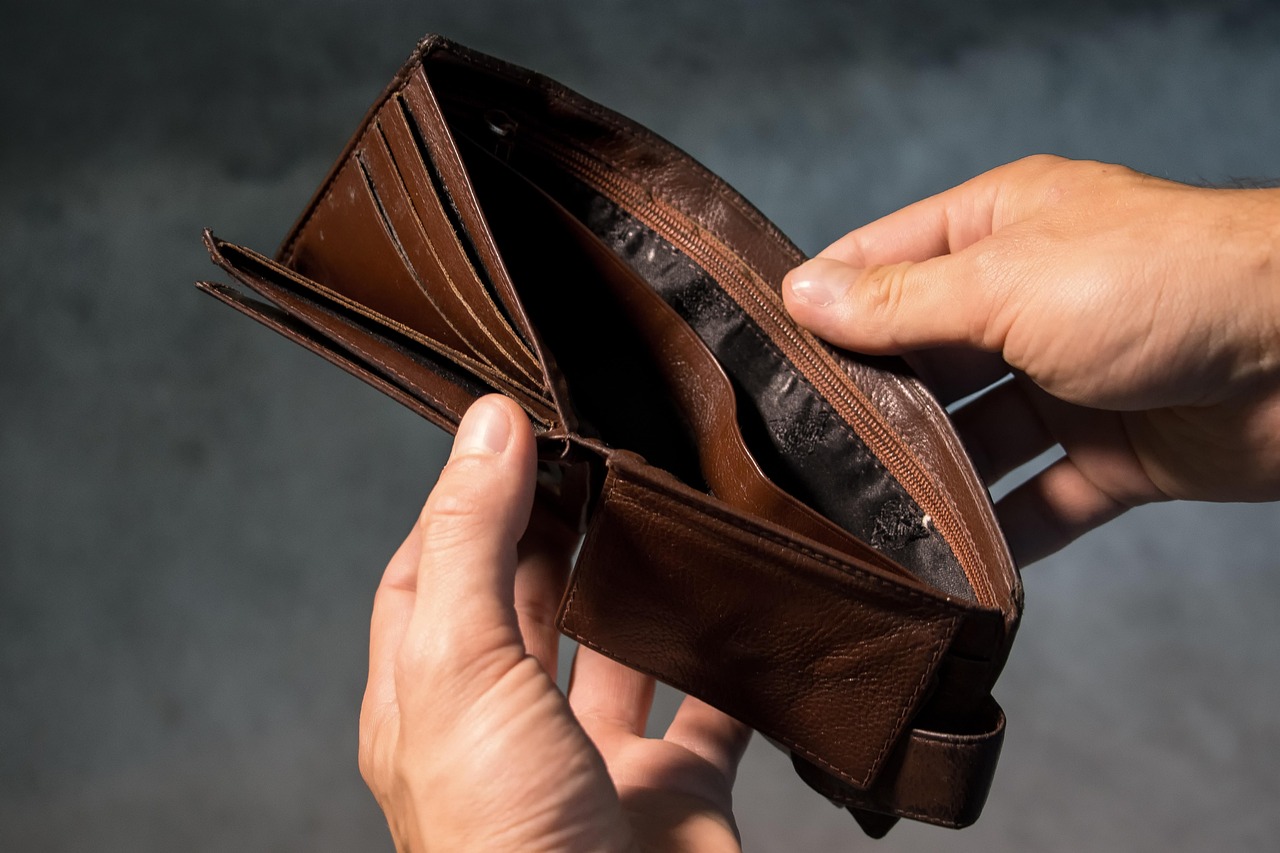
Feeling overwhelmed by debt? You’re not alone. Many people face challenges with credit card debt, personal loans, and other financial obligations that can feel impossible to overcome. The good news is that with the right debt elimination strategies, you can learn how to get out of debt fast and reclaim your financial independence.
Living with debt affects more than just your bank account:
- It creates constant stress and anxiety
- Limits your ability to save for important life goals
- Impacts your credit score and future borrowing options
- Restricts your lifestyle choices and financial freedom
Breaking free from debt requires a smart, systematic approach. This guide will walk you through proven ways to pay off debt quickly, from creating a solid repayment plan to boosting your income and making smarter financial choices.
Taking Charge of Your Financial Future
Are you ready to manage your financial future effectively? Let’s delve into practical strategies to eliminate debt efficiently:
- Evaluate and rank your debts
- Select the best debt repayment strategy for your needs
- Develop a realistic monthly budget
- Explore extra income opportunities
- Look into debt consolidation options
- Seek professional help if necessary
1. Assessing Your Debt
The best way to become debt-free starts with understanding your financial situation. Creating a debt overview is essential when planning how to eliminate debt fast.
Here’s how to assess your debt:
- List every debt: Include credit cards, student loans, car loans, mortgage, and medical bills.
- Record details: Include interest rates, minimum monthly payments, and current balances.
This clarity helps you prioritize high-interest debts and track your progress.
Pro tip: Pull your credit report to ensure accuracy. It’s an essential step for anyone working to pay off debt efficiently.
2. Choosing a Repayment Strategy
Two widely recommended methods for paying off debt are the Debt Snowball Method and Debt Avalanche Method.
Debt Snowball Method
Focuses on the smallest debts first, creating momentum through quick wins—great for motivation.
Debt Avalanche Method
Focuses on high-interest debts first, which saves more money in the long run.
If you’re wondering about the most effective debt payoff strategy, consider your personality:
- Snowball is best if you need motivation.
- Avalanche is best if you’re disciplined and want to reduce interest payments.
You can even combine both approaches for an optimized debt repayment plan.

3. Budgeting and Expense Management
Creating a debt repayment budget is crucial to staying on track. Start by tracking all your monthly expenses.
Key Budget Components:
- Fixed costs like rent and insurance
- Variable expenses like groceries and fuel
- Debt repayments
- Emergency savings
Tips for Better Budgeting:
- Cook at home
- Cancel unused subscriptions
- Use a cash envelope system
- Avoid impulse purchases with a 24-hour rule
Budgeting is one of the most effective ways to stay on top of your finances and support your debt-free journey.
4. Increasing Income Sources
Looking for ways to pay off debt faster? Increasing your income is a game-changer.
Popular Side Hustles:
- Drive for Uber or QuickRide
- Deliver food via Swiggy or Zomato
- Freelance writing, design, appointment setter, digital marketer, or consulting
- Offer virtual assistance
Sell or Rent:
- Sell unused items online
- Rent spare rooms at Airbnb or parking spaces
Pro tip: Apply all extra earnings directly toward your debts to make quicker progress.
5. Paying More Than the Minimum
If you want to know how to eliminate credit card debt quickly, start by paying more than the minimum. It dramatically reduces your overall interest.
Acceleration Tips:
- Use tax refunds and bonuses
- Set up bi-weekly payments
- Round up your payments
- Use spare-change apps
Each extra payment gets you closer to becoming completely debt-free.
6. Debt Consolidation Options to Explore
Debt consolidation combines multiple debts into one, making them easier to manage.
Options Include:
- Debt consolidation loans from banks or credit unions
- Balance transfer credit cards offering 0% APR for 12–21 months
Before proceeding, ensure you understand the total costs, fees, and credit score impact. Consolidating debt is a smart move if used strategically.
7. Seeking Professional Help When Needed
Sometimes, managing debt requires professional help. Non-profit credit counseling services can:
- Create a debt management plan
- Negotiate with creditors
- Offer financial literacy education
Be cautious with debt settlement companies—they often charge high fees and may harm your credit.
If you’re facing legal action or collection threats, explore protections under the Fair Debt Collection Practices Act and consider consulting a bankruptcy attorney.
8. Bankruptcy Considerations: A Last Resort
Bankruptcy can be a last resort when debt is unmanageable.
- Wipes out most unsecured debt
- Quick resolution (3-6 months)
- May result in asset loss
- Stays on your credit report for 10 years
- Involves a 3–5 year repayment plan
- Allows you to keep most assets
- Stays on your report for 7 years
Always consult an attorney to understand if filing for bankruptcy is right for you.
9. Psychological and Practical Tips
Mindset matters. Use small wins to build momentum and stay motivated throughout your debt payoff journey.
Track Your Progress:
- Use budgeting apps
- Maintain a debt tracker spreadsheet
- Celebrate every milestone
Build Healthy Financial Habits:
- Leave credit cards at home
- Use cash envelopes
- Set up automatic payments
Every step brings you closer to a debt-free life.
Conclusion
There’s no single trick to eliminate debt, but combining smart strategies with consistent effort works.
Your Next Steps:
- Choose the best debt reduction strategy
- Create a strict monthly debt repayment plan
- Celebrate small victories and adjust your plan as needed
- Stay focused and persistent
You’ve got this! Your future self will thank you for starting your journey toward financial freedom today.
FAQs
What is the first step in getting out of debt fast?
Start by listing and prioritizing your debts to develop a structured repayment plan.
How do Snowball and Avalanche methods differ?
Snowball builds motivation with small wins; Avalanche saves more on interest by targeting high-interest debts first.
Why is budgeting important in debt elimination?
A budget ensures control over your spending and helps you allocate more toward debt payments.
What are some ways to boost income for debt payoff?
Freelancing, part-time gigs, and selling unused items are all effective strategies.
When should I consider professional help or bankruptcy?
When you’re unable to manage debt through conventional methods, consider credit counseling or, as a last resort, bankruptcy.



